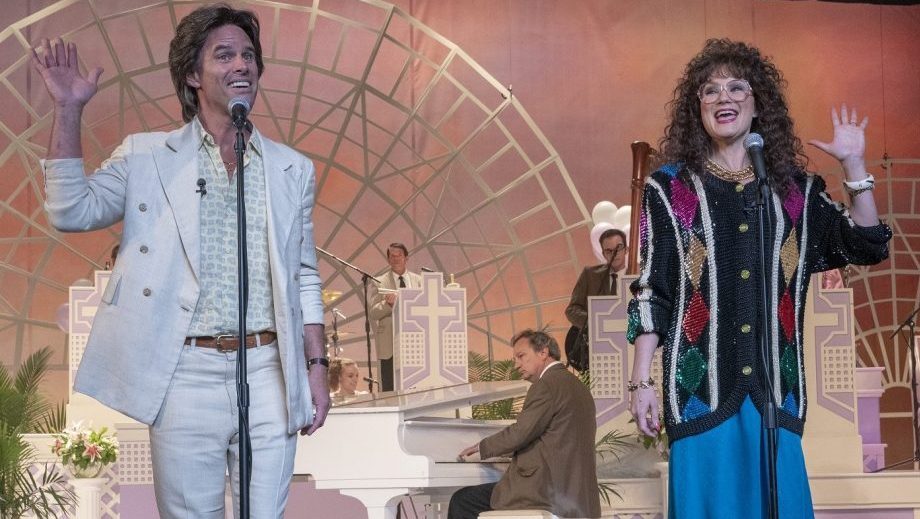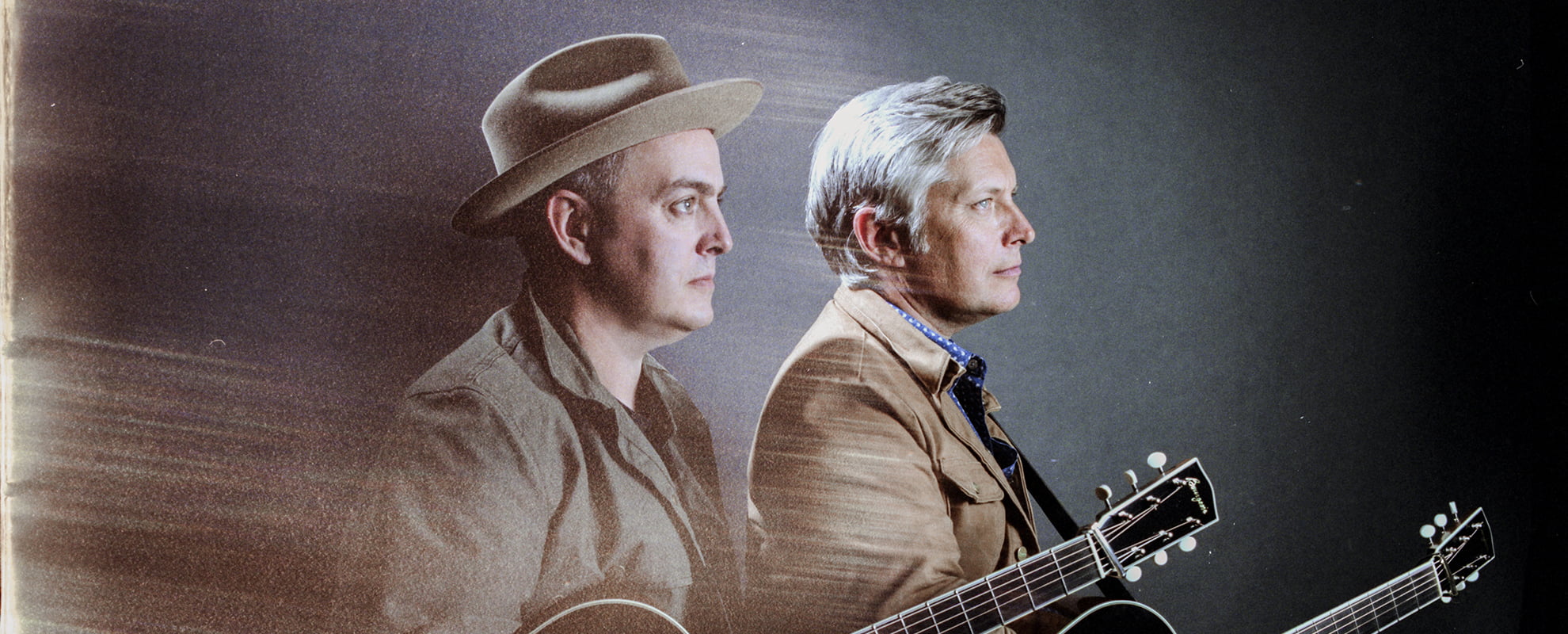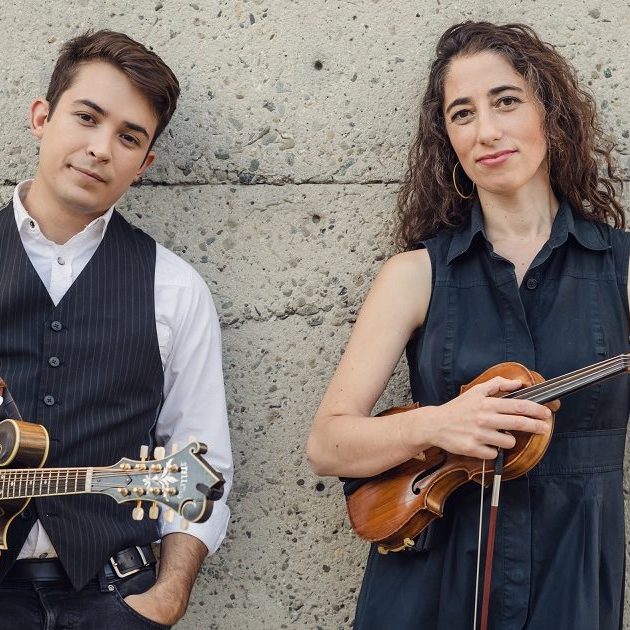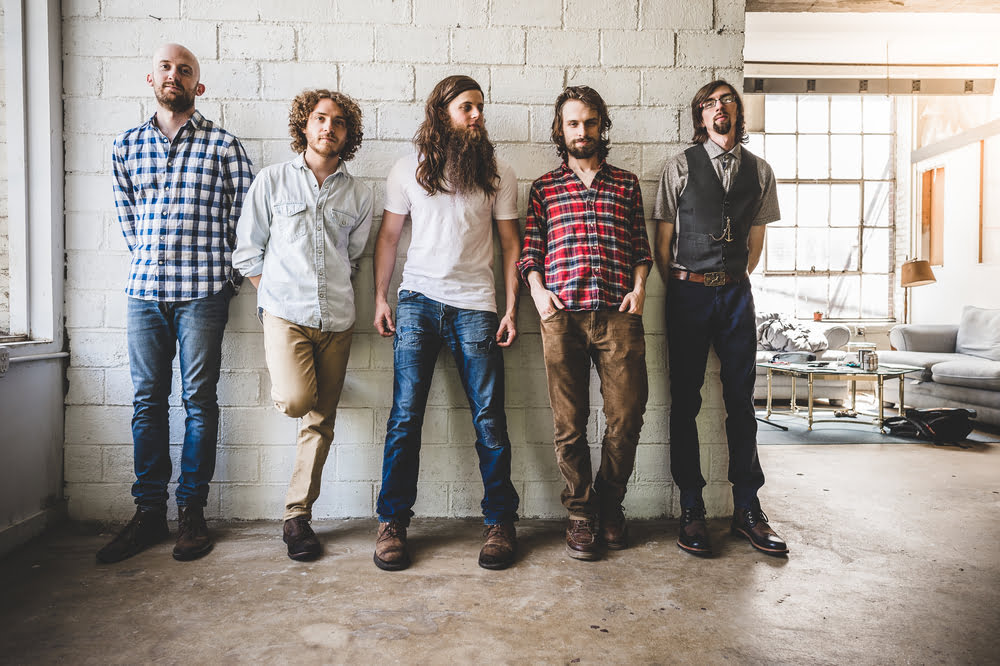Halfway through the first season of HBO’s megachurch comedy The Righteous Gemstones, the show devotes an entire episode to a flashback, showing how the family of Bible-thumping televangelists came to be so hilariously dysfunctional. The episode culminates in a live performance of a song called “Misbehavin’,” by siblings Aimee-Leigh (played by Jennifer Nettles) and Baby Billy (Walton Goggins). They’d been a child singing act years ago, and this countrified tale of juvenile hijinks was their biggest hit. They still remember every lyric and every dance move decades later.
The song would pop up two more times during the season, in different arrangements from different times: one from the 1960s, another from the ‘80s, and finally one in the present day. It threads through the series to present a very basic moral to the story: When you misbehave, bad things happen. But this version with Goggins and Nettles is the one that ended up going viral, a hit among fans of the show and newcomers alike who couldn’t get it out of their heads — especially that line about “running through the house with a pickle in my mouth.” It’s arguably the greatest moment on television in 2019.
“Misbehavin’” was written by the show’s creator Danny McBride, actress Edi Patterson, and composer Joseph Stephens, whose attention to detail ensured that many viewers would think the song had been around for ages. A North Carolina native who briefly studied classical guitar before discovering rock & roll as a teenager, Stephens took film classes in college and scored his friends’ student films.
“I’ve never had any formal training in music, outside of when I was a kid learning classical guitar,” he says. “I never took piano lessons or anything like that.” That approach, however, has kept him versatile. He plays an array of instruments for a diverse range of projects — many of them starring his old friend McBride, including Vice Principals and The Legacy of a White Deer Hunter. “I pride myself on being somewhat versatile, and over the years I’ve taken on jobs that asked for a lot of things that seemed outside of my wheelhouse. But that’s fun for me.”
For our latest installment of Roots on Screen, Stephens spoke to the Bluegrass Situation about writing music for church, using clog dancers as percussionists, and, most importantly, never scoring the joke.
BGS: The Righteous Gemstones is set in a South Carolina megachurch, where of course music is going to be very prominent. How familiar were you with that kind of setting?
Stephens: I went to church as a kid, and I was fascinated by big organ. I went to a Methodist church that had this massive organ built into the room. I would go back to that as a touchstone for Gemstones. I actually started using a big church organ, playing with some of the bass pedals in ways that sounded cinematic and less traditional. I was using different plug-ins and effect to mangle the sound and change it around so that it sounds big and gross at times and other times sounds really pretty and maybe spaced out. I wrote a bunch of music that I gave to Danny and the writers as they were putting the show together, just kind of formulating ideas. Danny knew he wanted to do some choir stuff, so I was exploring that as well.
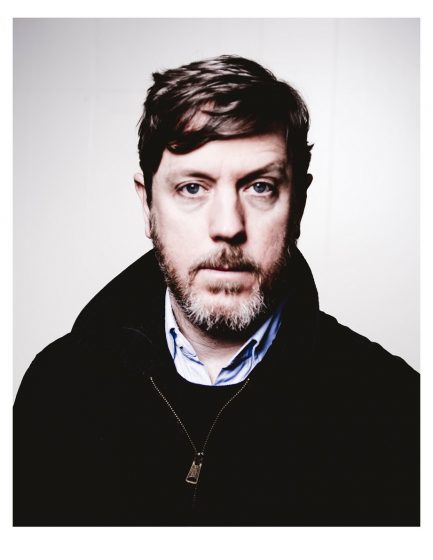
Music seems like a big part of what McBride does. There are always unexpected music cues in his shows that suggest a very deep knowledge.
Technically, these are comedies we’re making, but we both tend to gravitate toward treating it like dramatic material. So I rarely ever score a joke. I’m always trying to score the drama of the situation and letting the absurdity of what they’re doing carry the comedy. The music shouldn’t point at the joke. We treat it like a Coen Brothers movie or something heavier.
In Vice Principals we would literally score a comedic scene with ‘80s horror movie music, just to play with the unusual side of what music can do for comedy. Danny pushes me to do something different all the time, but it’s rarely ever like, “Let’s make comedy music.” It’s more like, “Let’s make music that we find interesting.”
That points to something I’ve been thinking about regarding Gemstones and how it walks a really fine line. You’re finding humor in this setting, but you stop just short of making fun of the characters’ faith. You’re not exploiting the church for cheap laughs.
When Danny first pitched me the idea, I wasn’t sure how it was going to turn out. It’s dicey to make a show that’s set in this heavily religious background, especially when you’re filming it in the Deep South. It seemed a little risky. But I had faith that they would find a way to do it right. And when I started reading the script, I was so pumped because it turned into something different. It turned into this absurd family drama.
The show is about this family and the degree to which the wealth and success they’ve enjoyed have turned them into monsters. It’s not really about their religious background. That’s just their job. It’s not about what they do. It’s more about what they’ve become and how they got there. I think John Goodman’s character in particular had better intentions, and we’ll see how much of that gets touched on in the future. I don’t think they knew how to handle their success — or losing their mother. The glue that held them together was lost, and now they’re just coming apart. No one’s there to give them much guidance, so they just turn into beasts.
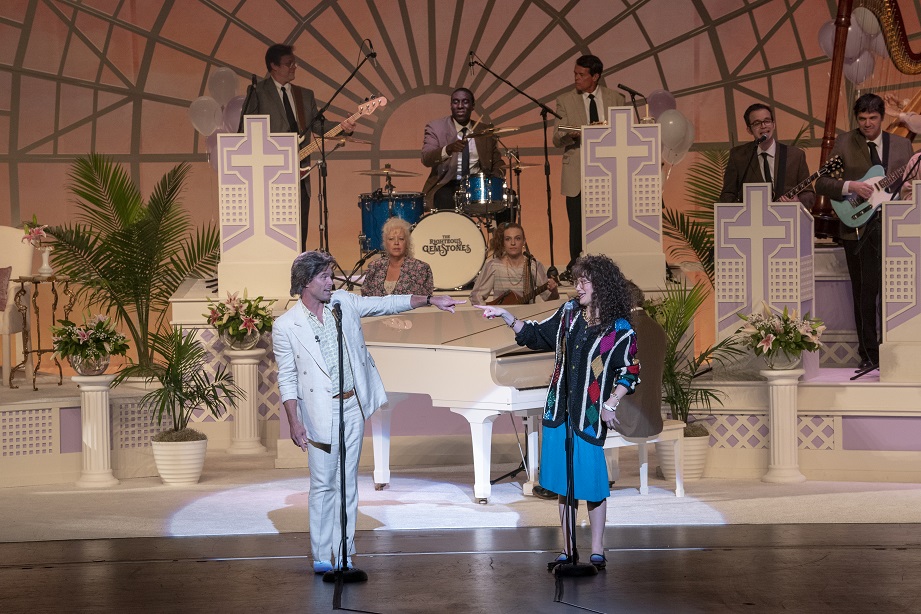
And a scene like “Misbehavin’” seems to carry some of that weight, despite being hilarious. It really speaks to how those two characters relate to each other, and there’s something desperate in the way these adults perform this juvenile song.
Danny and I always say that “Misbehavin’” became the soul of the show, because it captures everything the show is about: Doing bad things can lead to trouble. But it’s playful. You’re supposed to feel that these siblings are enjoying themselves and having fun with the song. It’s supposed to feel innocent and joyful, but also weird and a little left-of-center.
It also had to sound legit. It had to feel like it’s something that actually existed in the world at some point. Once we created the song, it just overtook everybody. When they filmed that scene with them singing it, everybody was singing along off-camera. It became a mild obsession for a lot of us.
And those two actors — Walton Goggins and Jennifer Nettles — have so much chemistry. What was it like recording with them?
They really did kill it. The sessions were a lot of fun, even though they didn’t do them together. Jennifer is such a pro, so she did her part in minutes. She banged it out and that was that. But Walton was way more methodical and really wanted to get into character. And then he had to shift gears and do a different version of the song when his character is much older. He and Edi did their version together, which is very different from the ‘80s version.
What kind of research did you do for the song? Were you going back and finding older examples of juvenile Christian music?
When I was thinking in terms of instrumentation and when I recorded all the music, I was constantly referencing the Carter Family and Johnny Cash. It was fun to explore the way their vocals were mixed and the way their instruments were mixed. I was listening to a lot of their music just trying to figure out how they got a particular sound or whether they were putting autoharp and guitar in the same channel, just hyper-analyzing all of it.
But in terms of writing, there wasn’t really any research. I knew it was going to be somewhere in the world of Johnny Cash, with a traditional chord structure, two minutes long, two verse and a chorus and an instrumental break. The structure was going to be pretty standard. It all came together pretty fast and very easily. But I didn’t really reference any children’s music at all. It was always Johnny Cash and the Carter Family, and maybe the Collins Kids. But it wasn’t a children’s song – more like a country song that had been made famous by kids.
And there are three versions: There’s the version the kids recorded in the ‘60s, the version we see them perform in the ‘80s, and another version from the present day. Was it challenging to rearrange the song three different times for three different eras?
It was definitely challenging the whole way ‘round. We had to audition a bunch of kids and then go out to California to record them. That version had to sound one way, and then we have another version that needed to sound somewhat authentic to the ‘80s, like a live band on a church TV show would sound. And then we had to do a modern bluegrass version. And they had to be fast so they could do some legitimate clogging during the interludes.
That was tough to work out knowing that it was going to be filmed live and needed to be convincing. We didn’t want to do it in a way that was too on the nose, though. For the ‘80s version, we knew we didn’t want it to sound like Fletch or something. It couldn’t be too ‘80s. But it’s really something you’re not supposed to notice. It’s just supposed to feel inherently legitimate.
Dance is such a big part of that first performance of the song. I feel like clogging in particular so rarely portrayed in any kind of mainstream media.
That became a big part of Walton’s character. We had a choreographer that came up with their dances, and when we were recording, I brought him and his wife in and set up this wooden stage. I had them clog and do some of the routines they’d rehearsed. I kinda orchestrated them, had them do different tempos to the click and record a bunch of sounds. A lot of what sounds like percussion on the show is actually them clogging. I used it in some of the score pieces.
There’s one cue near the end of the first season when the Gemstone kids are wondering what happened to Walton’s character. As they’re talking about him, you hear this percussive sound come in. It sounds like percussion, but it’s clogging. I wanted to remind the audience of that character, so that he would be kind of hanging around some scenes even though he’s not really on screen. That was fun because I was using these percussive rhythms that I wouldn’t normally go to.
A lot of viewers thought this was an actual song that had existed for fifty or sixty years. That sounds like maybe the biggest compliment you could get.
Totally. When the song first appeared on set, apparently a lot of the crew were confused about it. They couldn’t find it on Spotify and it didn’t turn up online. They were convinced that it was something that had existed before. And that’s when we were recording the version set in the 1980s, before we’d even unveiled the original version from the ‘60s. That version ended up getting posted online illegally, and someone sent it to my wife as proof that they had found the original. He thought he had found this old recording of these two kids singing it. He was like, “This is the original!” And my wife had to tell him no no no, that’s the “original” they recorded for the show.
Photo Credit: Fred Norris/HBO
